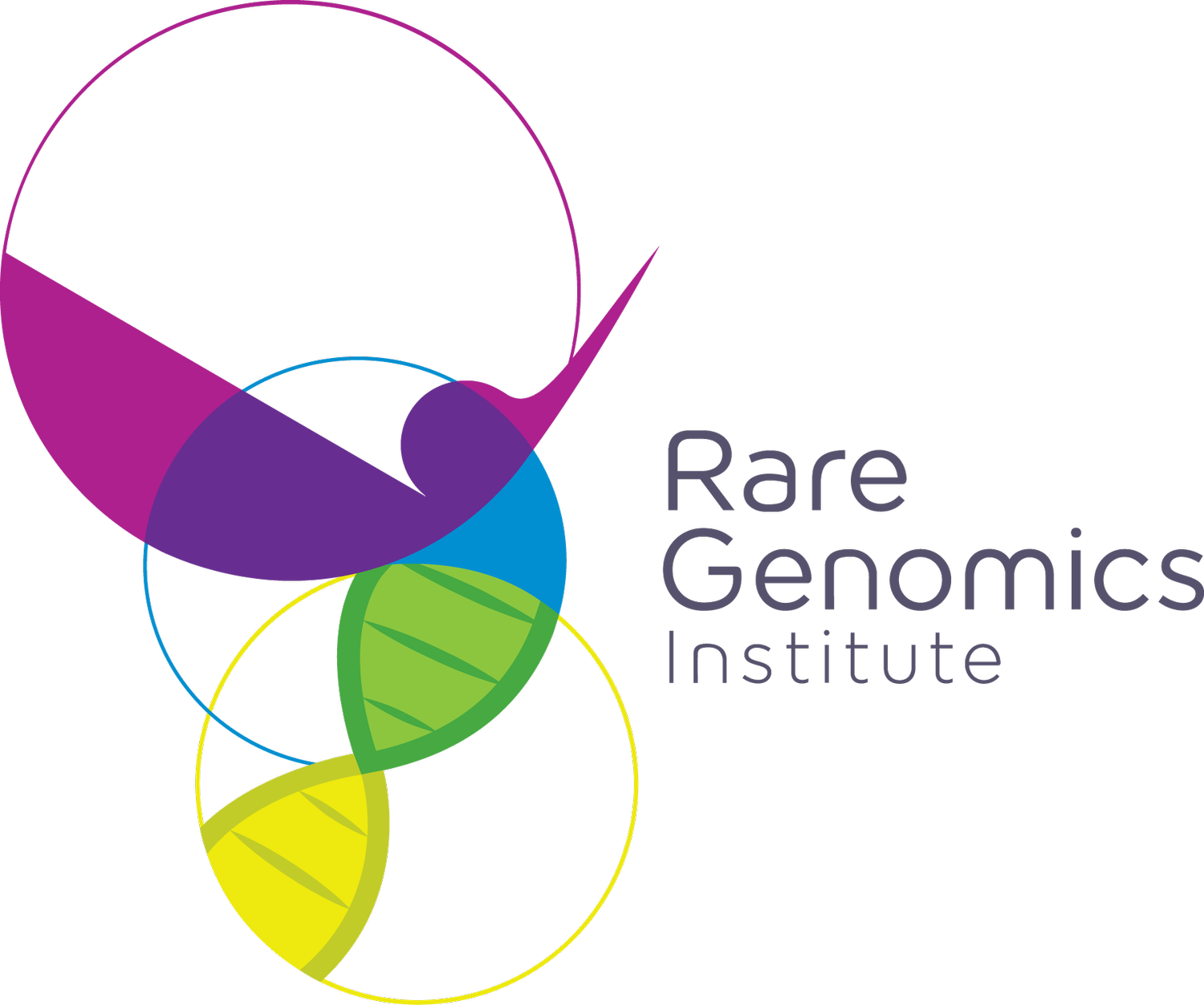Pachyonychia Congenita
What is Pachyonychia Congenita?
Pachyonychia congenita (PC) is a rare genetic disorder, primarily affecting the nails and skin. Symptoms of PC include thickened or abnormally shaped fingernails and toenails and painful calluses and blisters on the soles of the feet palms of the hands. Additional features of PC include white patches on the tongue and inside of the mouth (leukokeratosis); bumps around the elbows, knees, and waistline (follicular hyperkeratosis); and cysts of various types including steatocystoma.
What is the prevalence of Pachyonychia Congenita?
PC’s prevalence and incidence are unknown. There are between 1,000 to 10,000 cases reported worldwide. As of May 2018, the International Pachyonychia Congenita Research Registry includes 814 individuals (444 families) registered with genetically confirmed PC.
How is Pachyonychia Congenita diagnosed?
A diagnosis of PC is often suspected based on the presence of characteristic signs and symptoms. In fact, one study found that approximately 97% of people with genetically confirmed PC have toenail thickening, plantar keratoderma (thickening of the skin on the soles of the feet) and plantar pain by age ten. Identification of a mutation in one of the five genes associated with PC (PC-K6a, PC-K6b, PC-K6c, PC-K16, and PC-K17) confirms the diagnosis.
Is there any specific gene/pathway in Pachyonychia Congenita that has been identified?
There are five specific keratin genes involved in PC: PC-K6a, PC-K6b, PC-K6c, PC-K16, and PC-K17. The subtype of PC diagnosed in individuals is dependent on the corresponding keratin gene affected.
How is Pachyonychia Congenita treated?
Management of PC is focused on relief of pain and other symptoms. Hygienic grooming practices (such as trimming the nails and calluses), treatment of infections, and mobility aids (such as wheelchairs, crutches or canes) may be required for patients.
Are there any clinical trials underway for Pachyonychia Congenita?
The National Institutes of Health (NIH) has already completed five clinical trials for PC. Currently, there are two clinical trials underway for the condition. More information on future studies and patient recruitment can be found here: https://clinicaltrials.gov/ct2/results?cond=Pachyonychia+Congenita
How can RareShare be helpful to Pachyonychia Congenita patients and families?
The Pachyonychia Congenita Rareshare community has 2 members. There are currently 0 active discussions underway, helping to connect patients, health workers, caregivers and families interested in Pachyonychia Congenita and providing them continual access to community resources.
